Local Activities
IEEE Region 8 Programs for Local Humanitarian Activities
Humanitarian Student Ambassadors Program
R8 Humanitarian Awards
SIGHT Groups Accelerator Program
SIGHT Groups Monitoring and Support Program
Humanitarian Voices
An opportunity for SIGHT groups to share their activities in order to get published in R8 News and inspire volunteers across Europe, Middle East, and Africa.
Regional SIGHT Groups Self-assessment Report
A gateway for SIGHT groups to dive into their operations and share their experiences with the R8 Humanitarian Activities Committee.
Act locally with SIGHT groups
SIGHT groups consist of at least six IEEE members who come together to learn about sustainable development, build relationships within their local communities, and implement SIGHT group projects that utilize technology to tackle key problems within the community. Non-IEEE members are welcome and encouraged to join their local SIGHT group. Groups can be formed at the professional or university level. SIGHT Group’s main purpose is to partner with underserved communities and local organizations to leverage technology for sustainable development.
In order for a SIGHT Group to be considered as active, the following requirements should be followed:
- Membership: Should maintain a membership of not fewer than six (6) IEEE members.
- Activities: Should hold not less than two (2) Group activities per year reported in vTools Events.
- Leadership: Should hold elections regularly and report any changes in vTools Officers.
An integral part of IEEE HTB’s strategic mission is to offer educational resources and training to equip IEEE members and volunteers to impact their local communities through sustainable development activities. Webinars are one way that SIGHT members can learn new ideas, grow their professional acumen, and connect with an extended community of engineers affecting sustainable change around the world.
Awards and Recognition
The IEEE Region 8 Outstanding Section / Student Branch SIGHT Group of the Year Award was established to recognize the essential work of the existing section / student branch SIGHT groups in Region 8, but also to promote and encourage sections / student branches to create SIGHT groups. The purpose of this award is to recognize a Section / Student Branch SIGHT Group who has made an outstanding contribution to IEEE SIGHT and to the local underserved community by leveraging technology to accomplish a sustainable solution.
The IEEE SIGHT Group of the Year Award was established to recognize IEEE SIGHT Groups committed to impacting their local underserved community through the development or deployment of technology. The IEEE SIGHT Volunteer of the Year Award was established to recognize a professional or student member of IEEE who has made an outstanding contribution to IEEE SIGHT and a local underserved community through the development or deployment of technology.

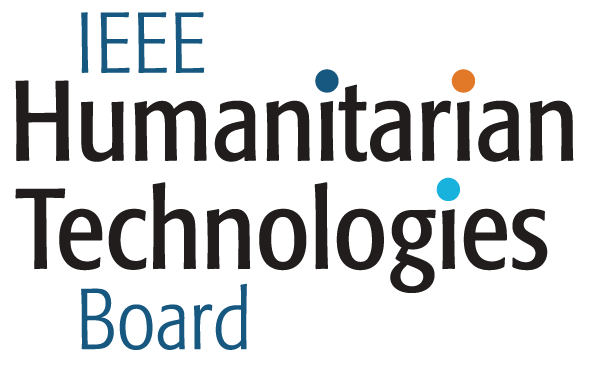
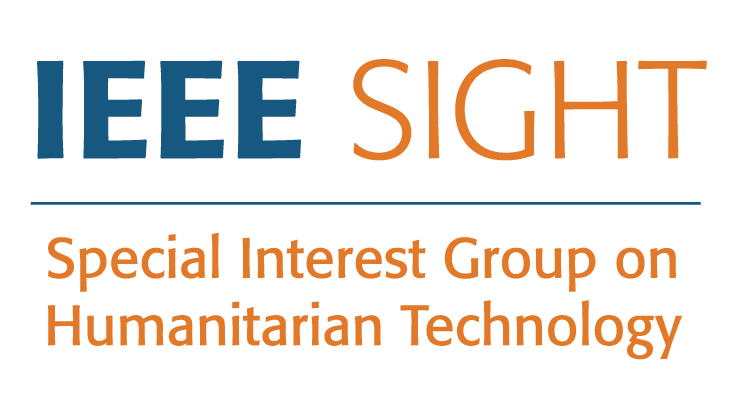


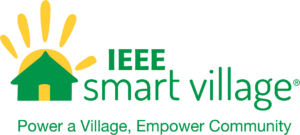



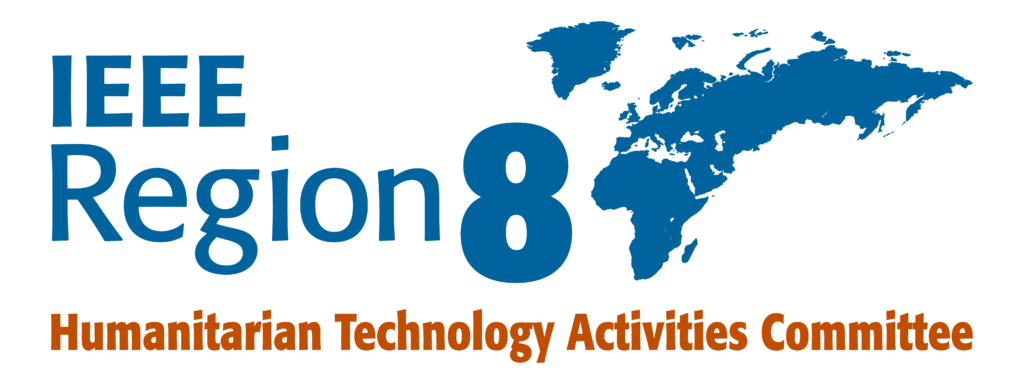
 Samarth
Samarth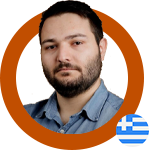 Theodoros
Theodoros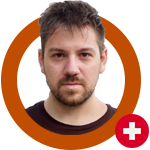 George
George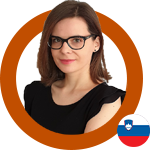 Lucija
Lucija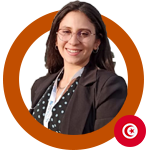 Nour
Nour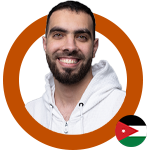 Omar
Omar Abdulla
Abdulla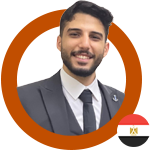 Ahmed
Ahmed Fairouz
Fairouz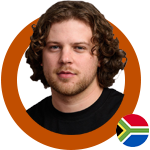 Kai
Kai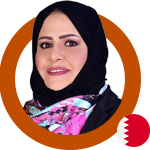 Resala
Resala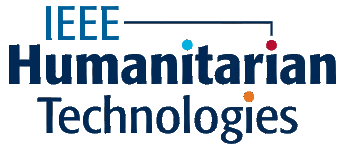

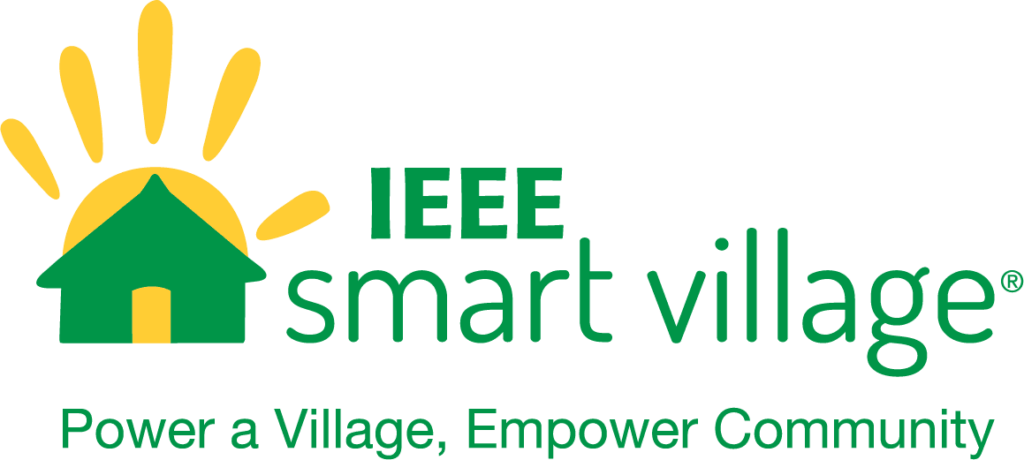
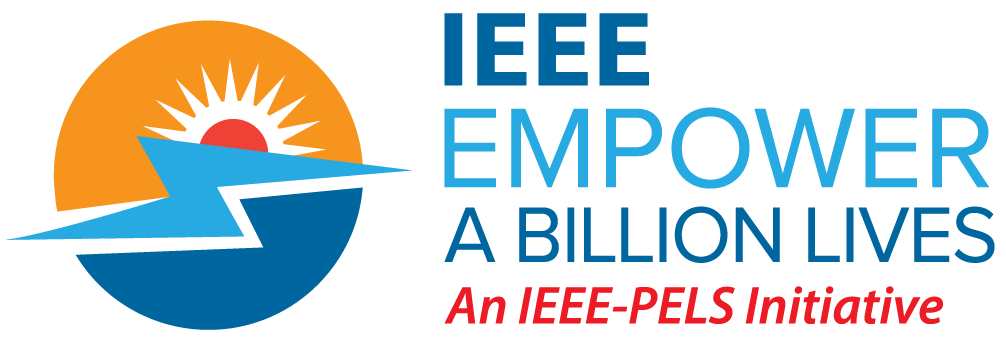
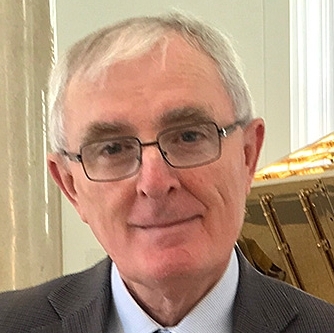 Antonio
Antonio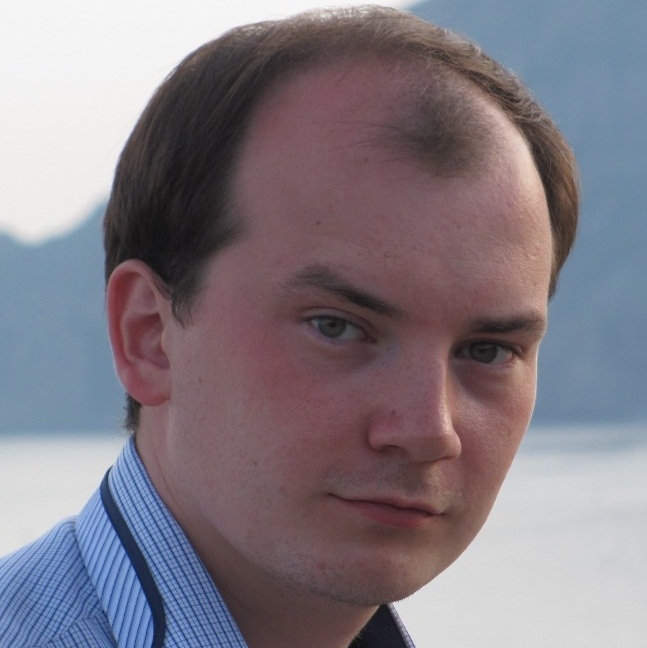 Evgen
Evgen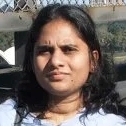 Mathini
Mathini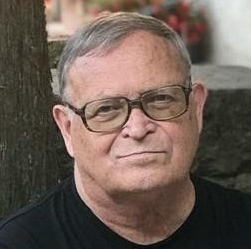 Sergei
Sergei